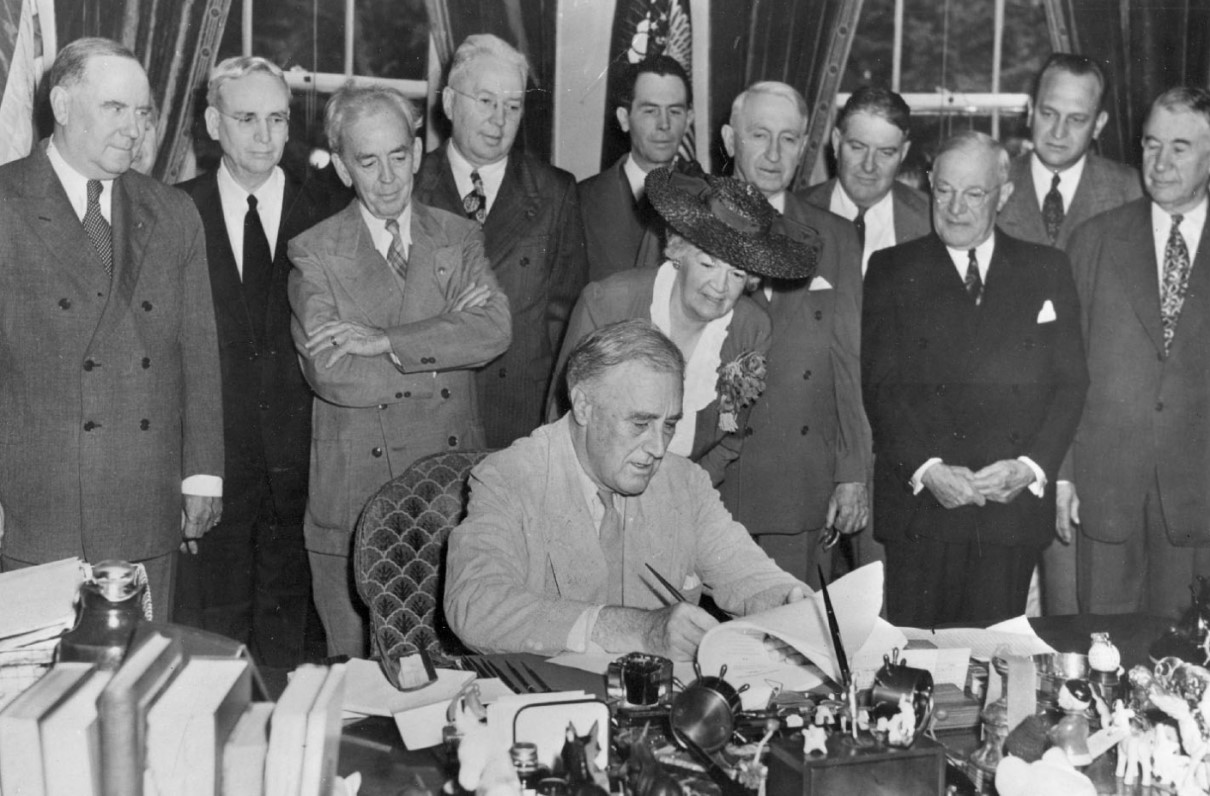As officials sort out the issue of how notes contained in military children’s medical records may disqualify those children from joining the military after they reach adulthood, one possible proactive step parents can take now is to get copies of their children’s records to find out if there are any red flags, said one psychiatrist who is advocating for change.
At least military parents have the opportunity to review the records, see what’s written, and perhaps ask questions of their primary care provider about the implications, said Dr. Stephen Cozza, a retired Army colonel who is a professor of psychiatry and associated director of the Center for the Study of Traumatic Stress at the Uniformed Services University of the Health Sciences or USUHS.
Parents should also be aware of the Defense Department and service policies regarding issues that could disqualify their children from entering the military.
When military dependents join the military and arrive at basic training, their electronic dependent medical record is merged with their new service member medical record. Cozza cited Military Times reporting which brought the issue to light, finding that many military children have been put on hold or forced out of basic training because of a notation or diagnosis that was made years – sometimes more than a decade – previously in their dependent health record. A number of parents interviewed said they had no idea the notations existed in their child’s record before they were flagged at basic training. Cozza also cited a Military Times editorial on the issues.
[RELATED: To Support Military Families, Pentagon Must Fix Fractured, Outdated Programs: Report]
“There’s not a process to address this,” said one recently-retired military member, whose son is now in limbo in basic training. He said everyone in the military system he has talked to has advised him to file a congressional inquiry because of the lack of other recourse. His son was flagged when a review of his dependent medical records found information about a diagnosis more than 11 years ago. The diagnosis was incorrect, and was supposed to have been corrected at the time, the father said. The father asked to remain anonymous because of pending actions regarding his son’s military service.
The father, too, advises military parents to get copies of their child’s medical records to review them before the child joins the military — based on what happened to his son.
Cozza spoke July 24 at the national training conference of the Military Child Education Coalition about the issue of how these medical records are used. He noted his opinions and comments were made as a private citizen, not representing the Defense Department.
Officials need to rethink how the records are being used, Cozza said, from a variety of perspectives.
One military wife who attended the session said her family has reviewed her son’s dependent medical record before he seeks to join the military, and they’re attempting to address some of the discrepancies.
Military officials say this practice of merging dependent medical records doesn’t violate health privacy laws because the records are part of the same medical system – the Military Health System.
[RELATED: What Medical Cuts Could Mean for You: Watch MOAA’s Town Hall]
Military children’s medical records are scrutinized much more closely than those coming in from civilian families. “Although all those coming into the service are required to release their medical records, the accession system will never scrutinize the records of civilian children in the same way,” Cozza said.
Cozza said his goal has been to raise the issue of how this practice affects military children and families, including concerns about whether it will discourage parents from seeking the mental health or behavioral care support their children need. He has briefed the DoD Military Family Readiness Council, whose members are gathering information on the issue.
Navy Capt. Ed Simmer, deputy chief and chief clinical officer of the Tricare Health Plan, said the electronic medical record system has major advantages for patients as well as providers, such as improving the quality and continuity of care, especially for the mobile military population. It reduces the risks of errors such as pharmacy errors, improves access to lab tests, radiology studies and other information, and allows for better tracking of data.
One of the few non-medical uses is the ability of military commanders to ensure their troops are ready for deployment, with the needed dental care, vaccines and other requirements. In some cases, law enforcement officials are allowed access to medical records, with a subpoena from the court.
Another example is when the patient or guardian gives permission to non-medical personnel, such as when entering the military.
[RELATED: VA Announces Yellow Ribbon Schools for 2019-2020 Academic Year]
About a third of those who enter the military are military children, Simmer said. “The number one source of military personnel is military children.”
Cozza makes it clear that he agrees with Simmer on the power and benefits of the electronic medical record system. And he doesn’t want to encourage people who aren’t fit to join the military. "The goal in general is to identify individuals who aren’t capable of effectively serving, while not excluding those with preexisting mental health and development histories who could essentially successfully serve,” he said.
But more information is needed about the science that helps military officials make the decisions about entry into the military based on those medical records, and whether policies effectively identify those who may be at risk without disqualifying potentially qualified candidates, he said.
“The question here is about both the use of the medical record, but also decisions that are made about accession standards and whether a particular diagnosis that’s in the record when a child was 8 years old really has relevance to decisions made about their entry into the military 10 years later,” Cozza said.
One out of five military children access mental health care, he said, and one out of every four military families have a child enrolled in the exceptional family member program, for those with special needs.
There has been a nationwide increase in the prevalence of developmental disorders, Cozza said. As the number of people who meet accession standards decreases, then the decisions the military makes about identifying potential risks with recruits “become more important because we’re going to lose more qualified candidates."
[RELATED: Retired Military Surgeons General to Congress: Intervene on Medical Billets]
Another problem with the practice of merging these medical records is that sometimes there have been issues with accuracy and reliability in children’s medical records, he said.
“Clinicians document within medical records for treatment and reimbursement rather than for accession determination purposes,” he said. “When they’re seeing a child who is 8 years old, they’re not thinking about [the possibility that what they] put in the record will be reviewed 10 years from now.
“If I say a child has major depression versus an adjustment disorder, that has a powerfully significant impact in the way the instruction is read for whether a child meets the accession standards.”
Clinicians need to be educated about the how their documentation could affect a child’s ability to join the military later, Cozza said. Clinicians are aware of the need to be careful when they’re writing things in medical records of military service members, he said. “but I can tell you having spent 26 years in the Army, and a lot of that time working with military children, I would have never expected that I would have to be concerned about what I had documented about a military child in a record because of their potential enlistment at a later date.”
The medical community, military leaders and others have worked hard to decrease the stigma of seeking mental health care. “We’ve been encouraging them to seek help. Essentially we would be telling them, ‘parents, you should bring your children in for care, but just so you know, if you do, that could potentially be problematic if they choose to join the military at a later date,’ ” Cozza said.
Seeking help can contribute to military children’s strength and resilience.
There needs to be clearer accession standards, Cozza said. And while there are processes for those who wish to seek a waiver to enter the military despite those notations or issues, the current waiver processes can sometimes take six months or more – at which time, the potentially qualified service member has already moved on to another opportunity, Cozza said. And not every recruit knows there is a waiver process, he said.
Other articles by Military Times:
Why leaving the military is harder for female vets
Fewer troops are using Tuition Assistance benefits
TSA: Man checked missile launcher in luggage at BWI



